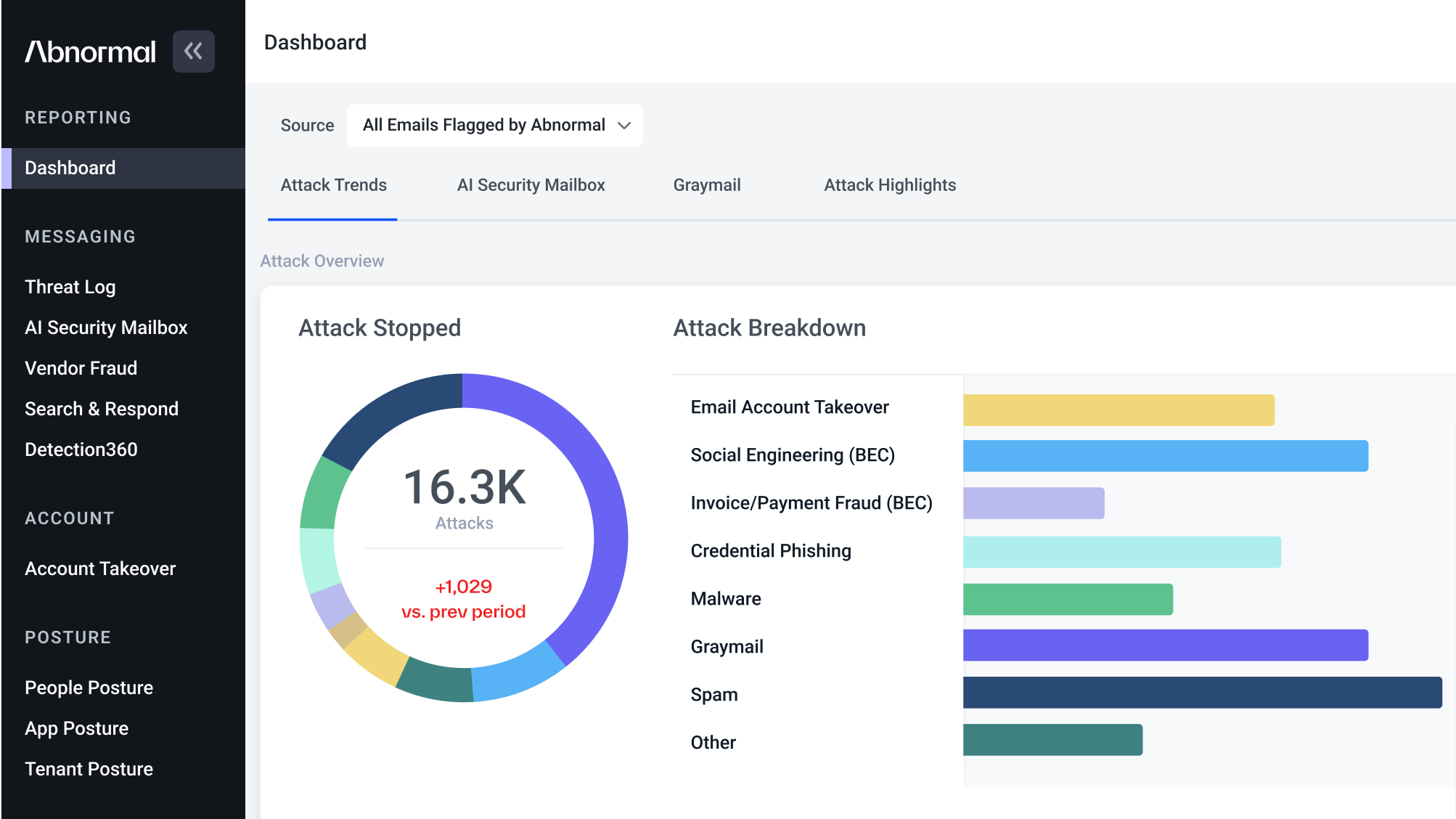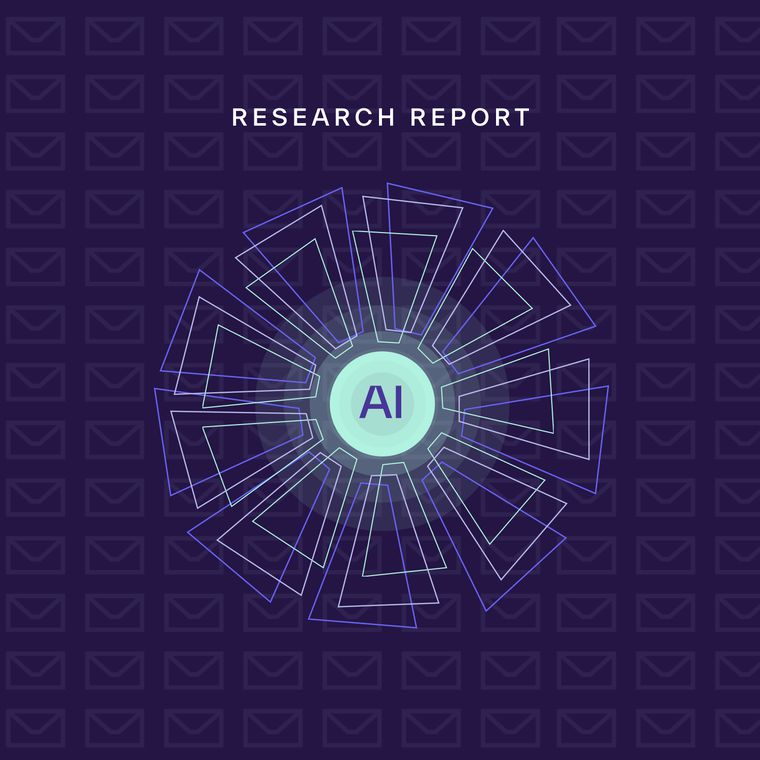Discover New Attacks
See our latest research and full attack library for details on new and emerging email threats.
Visit Abnormal Intelligence
Get AI Protection for Your Human Interactions
Protect your organization from socially-engineered email attacks that target human behavior.
Request a Demo
Request a Demo













